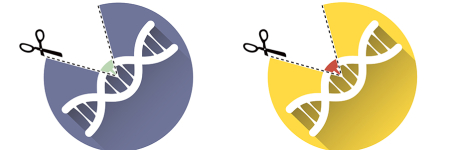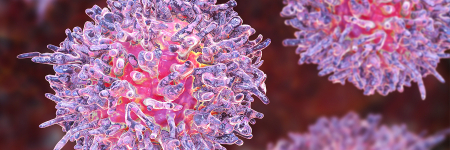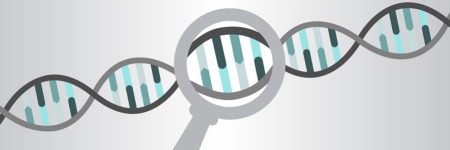
New genetic condition to be included in UK newborn screening
The rare condition tyrosinaemia type 1 may soon be included in national newborn blood spot screening

A ground-breaking new gene therapy has saved the life of its very first NHS patient
A baby girl is showing no further signs of the fatal genetic disorder metachromatic leukodystrophy after treatment with an exciting new gene therapy

Stories of rare disease: Sara and Freya
In this fourth and final instalment of our rare disease blog series, we look at what happened when Sara received an unexpected diagnosis from her daughter Freya’s whole genome sequencing

Stories of rare disease: Zainab
This third article in our series for Rare Disease Day 2023 tells the story of Zainab, who was diagnosed with a non-genomic rare condition at the age of 15

Stories of rare disease: Melanie and Saskia
In the second article in our series, we share the story of Melanie’s long journey to finding a genomic diagnosis for her daughter Saskia

Stories of rare disease: Aisha
To kick off our blog series for Rare Disease Day 2023, we share Aisha’s story of living with Morquio syndrome and look at the impact that healthcare workers can have on a patient’s journey

Cancer vaccines: Three things you need to know
We shine a spotlight on RNA-based immunotherapies, which are fast becoming a major healthcare focus in the UK

Base editing: What is it and what does it mean for healthcare?
This week, we take an in-depth look at the genome-editing technology that has been making headlines worldwide

Cancer therapy involving genome editing cures another child’s leukaemia
We look at a new type of CAR-T cell therapy that, in the world’s first use, has cured a child patient’s leukaemia

Genomics on the horizon: Three predictions for 2023
To kick off the new year, we look at three areas of genomics research and advancement to watch out for in 2023 and beyond

Looking back: Genomics in 2022 (part one)
In the first of our two-part round-up of 2022, we look back at some of this year's most exciting clinical developments in genomics

How accurate are genomic tests?
We outline five key things to consider when answering the common patient question, “How accurate is this genomic test?”


